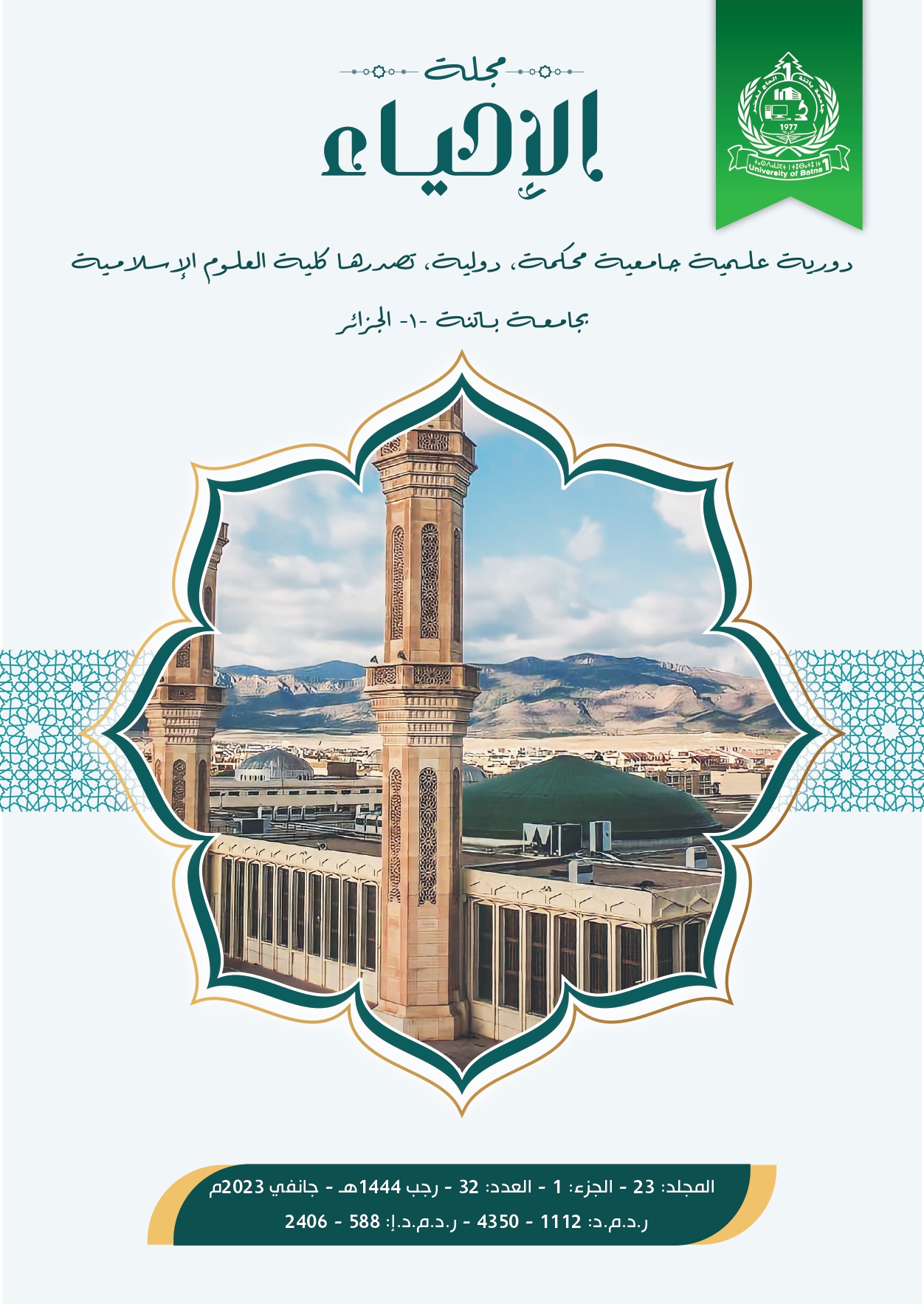The Need for an Islamic Postcolonial Approach
DOI :
https://doi.org/10.59791/ihy.v23i1.1920Mots-clés :
Islam, (Neo) Orientalism, Muslim Subaltern, Postcolonial Approach, Islamic postcolonial approachRésumé
Post-9/11 Western discourse does not just continue the traditional orientalist representations of Islam. It goes beyond it by depicting Islam as a violent and jingoistic
Religion. Such a representation of Islam is embedded in the paradigms of knowledge, constellations of power that divide the world into two poles. Islamophobia has become a postcolonial concept. Muslims are identified as violent terrorists and backward in post-9/11 Western discourse. Thus, they need to be colonized in order to be civilized. Even writers in the west, who have an Islamic background, hold views that are hostile to Islam. These postcolonial writers are Western in opinions and intellect. They do not write back to Western writers and critics who demonize Islam and Muslims. In fact, there is a remarkable dearth of reference to Islamic identity in postcolonial theory, which is still embedded in Western secular paradigms of knowledge. Thus, there is a need for an Islamic postcolonial approach that gives voice to the Subaltern.
Téléchargements
Publiée
Comment citer
Numéro
Rubrique
Licence

Ce travail est disponible sous licence Creative Commons Attribution - Pas d'Utilisation Commerciale - Pas de Modification 4.0 International.






